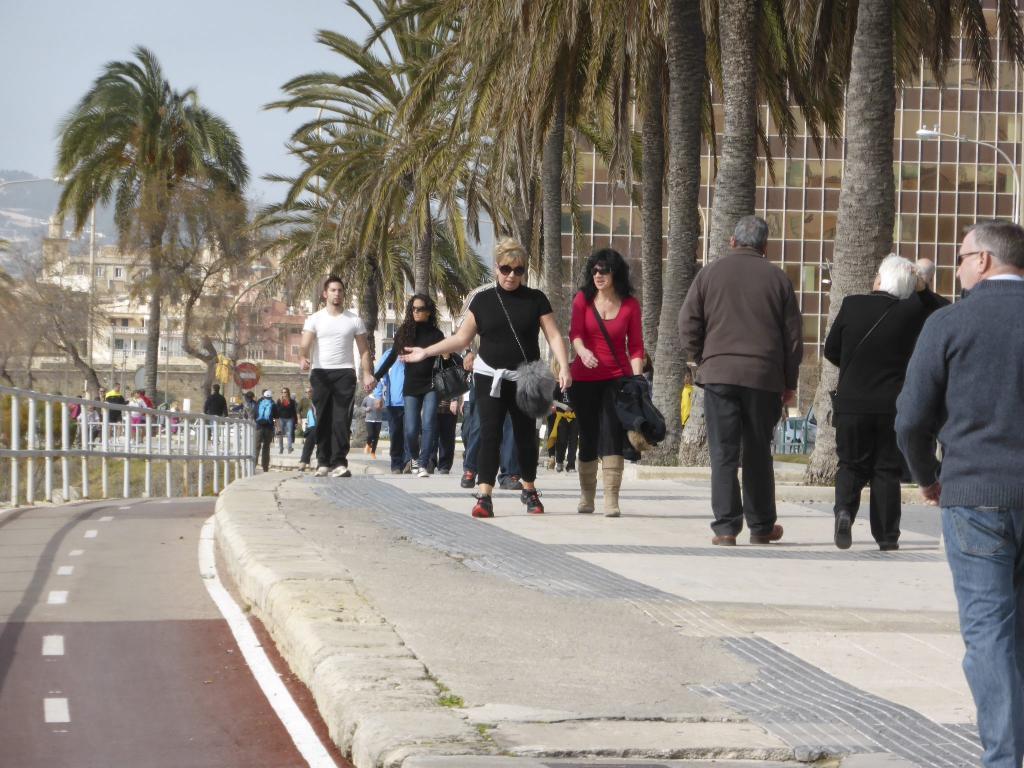The clocks will go back at the end of this month. Whenever there is a change, be it backwards or forwards, there is a debate. The principal one is whether Spain should revert to Greenwich Mean Time. The Canaries are the only part of Spain on that time system, despite almost all of Spain being to the west of the Meridian: the Balearics are a main exception.
There are other debates, and Més in Minorca are bringing one up. It wants to try and convince other parties in the Balearic parliament that the clocks shouldn't go back at the end of October. It hopes that its proposal will become an "institutional declaration of parliament", one that will be in favour of continuing with "solar time" into winter in order that the Balearics have the same advantages, as Més sees them, of spring and summer. "It is logical, rational and natural to extract the maximum benefit from a resource as precious as the sun."
By not turning the clocks back, Més argues, there would be health, economic, social and family benefits. It also points to reasons why the situation is as it is at present, a legacy of decades past and political and industrial motives. Over time, it says, things have changed.
Putting the clocks back loses more daylight time. Not putting them back would result in energy savings and more time spent outdoors. Television would be watched less and there would be a boost to local businesses. The quality of life for the people of the Balearics would be enhanced.
For the declaration to succeed, all parties in parliament would have to support the proposal. If this approach isn't successful - and it probably won't be - Més per Menorca will present a separate motion to parliament. Whatever happens, the Balearics will not be about to unilaterally decide to change the clocks.


1 comment
To be able to write a comment, you have to be registered and logged in
The Balearics are ONE hour ahead of the UK. When the clocks are put back in UK. It would mean a TWO hour difference, if the Balearics do not change back.